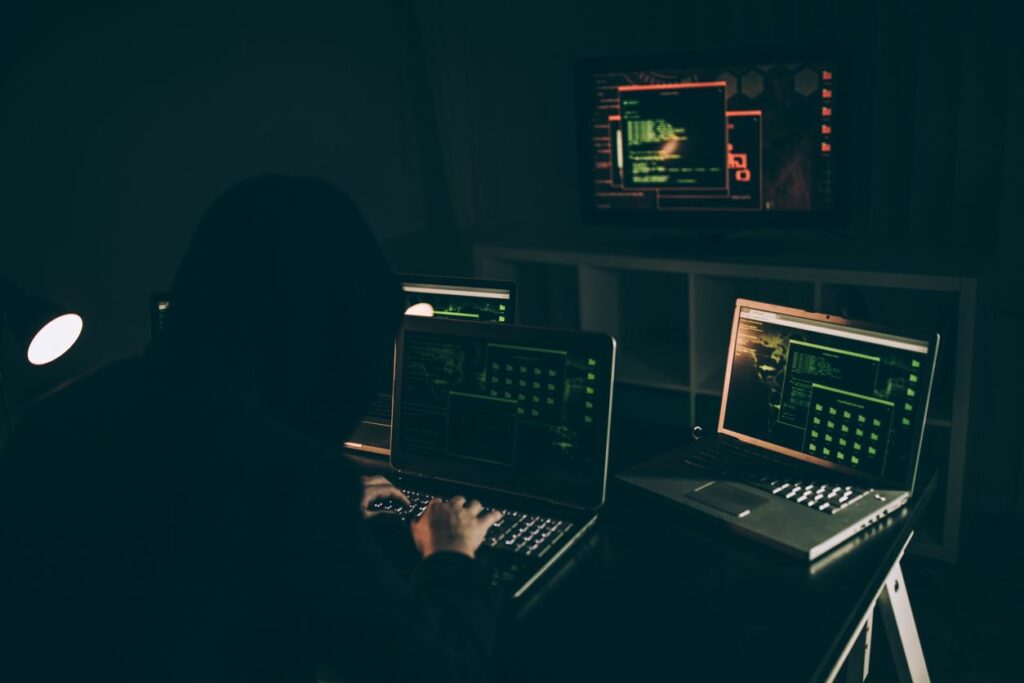The Counter-Terrorism and Border Security Bill (CTBSB) 2018-19 was designed, according to the government to “ensure that law enforcement and intelligence agencies have the powers they need to help keep the country safe from the threat posed by terrorism and hostile state activity”. The Bill sets out a number of measures including:
- An increase in penalties for terrorism offences;
- Increasing the time allowed to be held in custody when hospital treatment is required;
- The criminalising of viewing or streaming of information likely to be of use to a terrorist;
- Broadening extra territorial jurisdiction to enable those accused of encouraging or carrying out terrorism acts abroad to be prosecuted in the UK;
- The power to stop, question, search and detain an individual at a port or border area in order to determine whether they are, or have been, involved in hostile state activity (sched 3).
The Government has a duty to protect its citizens and new laws that are designed to protect the public will generally be welcomed and provide reassurance. But, in times of fear, there is a grave risk that fundamental freedoms can become a casualty of government policy and vague or draconian legislation may undermine some of the freedoms we take for granted.
The criminalising of casual viewing of online content could result in many whose curiosity gets the better of them becoming criminalised. When the definition of terrorism is so broad many could be inadvertently embroiled in criminal activity by browsing or viewing information “likely to be of use” to a terrorist, without even knowing it.
Many will welcome the ability to prosecute those accused of committing terrorism acts overseas, but how reliable is the evidence obtained overseas where, in some states, confessions and information are routinely gained by torture?
Schedule 3 of the CTBSB gives port officers powers at borders to question and detain anyone, without grounds for suspicion, and to seize articles for examination, to establish if they are involved in “hostile state activity”. This mirrors Schedule 7 of the Terrorism Act 2000 which allows questioning at a port, without suspicion, to establish if an individual is involved in terrorism. The Courts have struggled with a definition of terrorism, but what is the definition of a “hostile activity?”.
David Miranda, the partner of Guardian journalist Glenn Greenwald, was detained and his belongings were seized under the Schedule 7 regime in the Terrorism Act 2000. In that case, we discovered, that “terrorism “ can be given a broad meaning, especially when the Government is keen to seize politically sensitive material. The lower court were comfortable with the fact that journalists could become “accidental terrorists” by inadvertently causing a risk of harm to the public by their publications. Fortunately the appeal court did not accept this.“Hostile activity” can presumably be given an even broader definition as it is such a vague term open to countless interpretations.
Schedule 7 was ruled incompatible with the European Convention on Human Rights on the basis of the lack of protections for journalistic material. Yet the proposed CTBSB gives no protection for such material at the point it is seized. There are no safeguards incorporated in the Act to protect journalists and their sensitive material or sources. In Miranda the Court of Appeal concluded:
The central concern is that disclosure of journalistic material (whether or not it involves the identification of a journalist’s source) undermines the confidentiality that is inherent in such material and which is necessary to avoid the chilling effect of disclosure and to protect article 10 rights. If journalists and their sources can have no expectation of confidentiality, they may decide against providing information on sensitive matters of public interest.
The CTBSB concluded its report stage in the House of Lords on 17 December. “Hacked off” and numerous other journalistic organisations and news journals made representations and signed an open letter to attempt to ensure journalists and their material had protections written into the new Act. The likely outcome is that Schedule 3 will mirror Schedule 7 with a Code of Practice incorporated to meet the concerns of the Court of Appeal. But this is little comfort to journalists travelling though ports with politically sensitive material as they will always fear a stop, questioning under compulsion and seizure of their material which will inevitably result in a chilling of freedom of expression.
